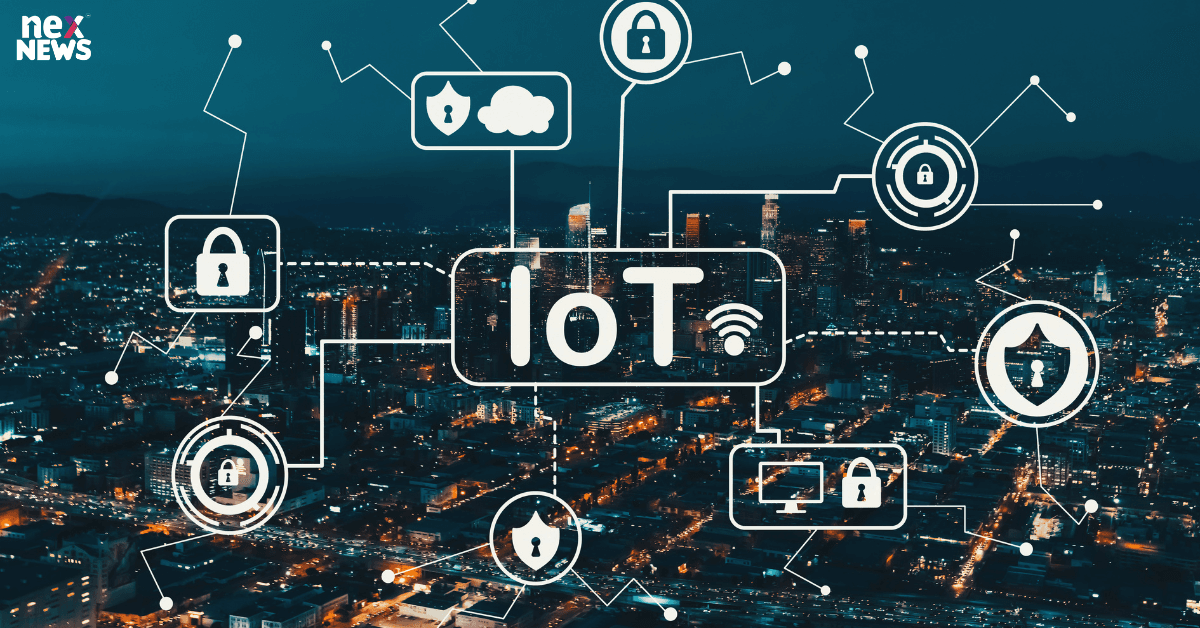Introduction
In today's tech-driven world, the idea of connectivity has gone beyond people just talking to each other or using computers. The Internet of Things (IoT) is a super cool tech concept that could totally change how things work in different industries, making them better and more efficient. Picture this: a web of smart devices, objects, and systems that chat and share info online, creating a super smart and seamless system. This article dives into what IoT is all about, how we can use it, the problems it faces, and what cool things might happen with it in the future.
Getting the Hang of IoT
Let's break down IoT. It's like a big web connecting physical things. These things have special parts inside them, like sensors and software. They're not just regular things; we're talking about smart thermostats, cool wearables, and even super complicated machines. What's neat is that these things can share information with each other. The info they collect helps us figure out stuff, like spotting trends and making smart choices. It's like a tech-savvy team sharing secrets to make life better.
Applications of IoT
Smart Cities
The Internet of Things (IoT) can change city life a lot! It helps with things like managing traffic, throwing away trash, using energy wisely, and keeping everyone safe. Imagine streetlights, trash bins, and transportation all talking to each other to make everything work better, right when it's happening.
Healthcare
IoT is also super cool in health! Wearable gadgets and medical sensors can watch over how patients are doing. This gives doctors real-time info, and they can even check on patients from far away. It makes taking care of people better and might mean fewer times they have to go to the hospital.
Industrial IoT (IIoT)
Industries can use IoT to make "smart factories." This means machines in the factory talk to each other. They figure out the best way to make things, catch when equipment might break, and make sure everything runs really well.
Agriculture
Farms get a tech upgrade with IoT! Special sensors can keep an eye on how the soil is, what the weather is like, and if the crops are healthy. This helps farmers do their jobs better, use fewer resources, and grow more stuff.
Home Automation
Even homes are getting smart with IoT! Smart homes use it to control things like lights, temperature, security, and appliances from far away. It makes life at home easier, saves energy, and keeps everything safe.
Challenges and Worries
Security and Privacy
Concerns about the security and privacy of data come up because there are so many connected devices. Bad people could take advantage of weak spots in the IoT system and get hold of important information.
Interoperability
Lots of different companies make IoT devices, and sometimes they don't work well together. This happens because there aren't consistent rules for how they should communicate. It makes it tricky for devices from different companies to talk to each other smoothly.
Data Overload
Because there are so many IoT devices, they produce a ton of data. This can be a problem because it overwhelms the systems that handle it. You need really good tools to manage and understand all that information.
Ethical Questions
As we use IoT more in our everyday lives, we start wondering if it's okay how we use the data. We also think about whether machines might start doing jobs that people used to do. It's a question of ethics – what's right and wrong in how we use and rely on technology.
Future Visions
The path of the Internet of Things (IoT) is heading toward a time when being connected is a big part of our everyday lives. Thanks to super-fast 5G networks and edge computing, IoT gadgets will become even more robust and quick to respond. Smart computers using artificial intelligence (AI) will dig deep into the gathered information, helping us make smarter decisions. The ongoing growth of IoT is set to spark new ideas in various fields, offering us incredible chances.
Wrapping It Up
The Internet of Things has brought about a fresh age of being connected, letting devices and systems talk, understand data, and react in ways we never imagined. This change is noticeable across different areas, from healthcare to making things, and even in our regular routines with clever homes and wearable tech. As we handle the ups and downs that come with IoT, it's crucial to focus on keeping things safe, private, and ethically sound to make sure our connected future benefits everyone.


POST A COMMENT (0)
All Comments (0)
Replies (0)